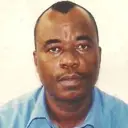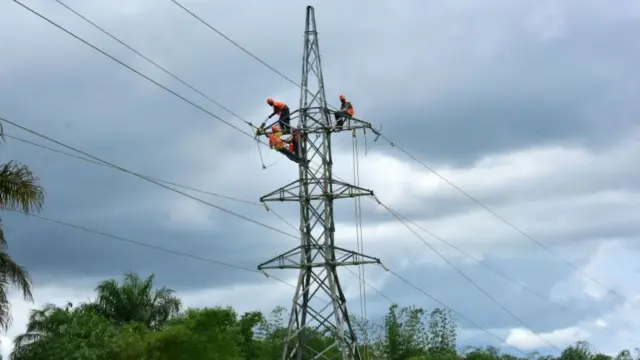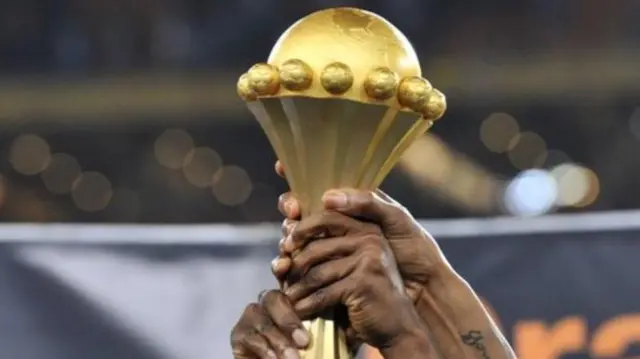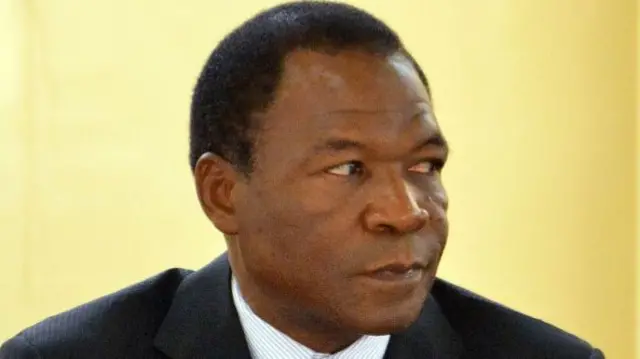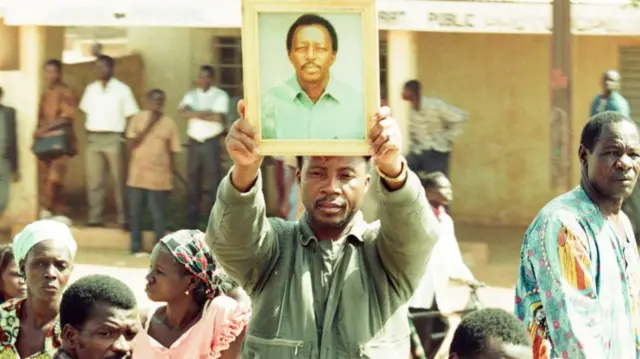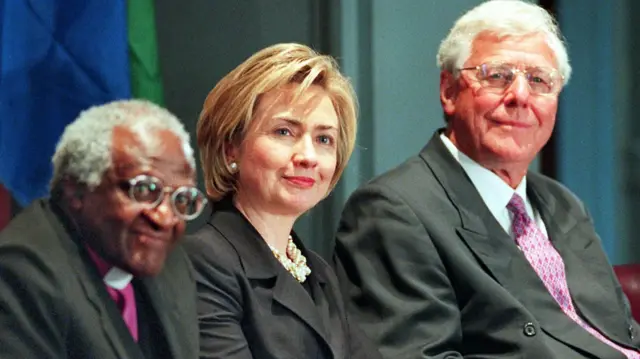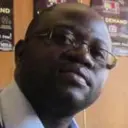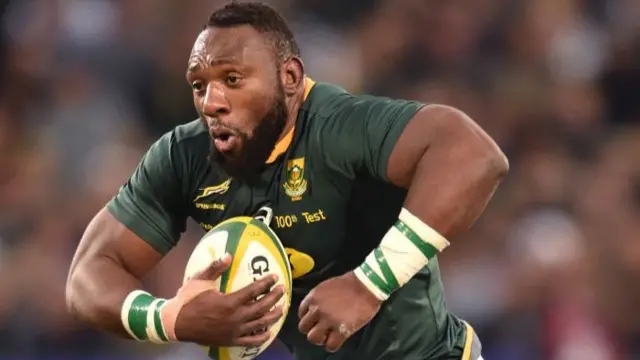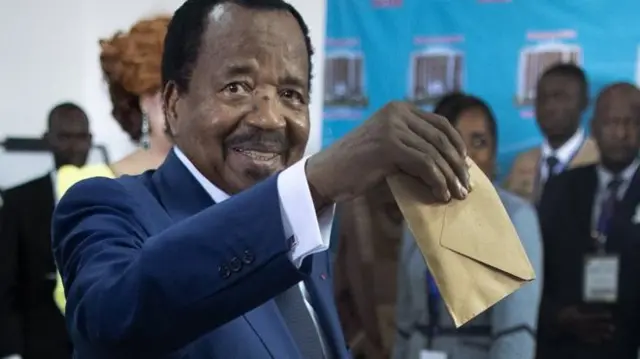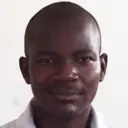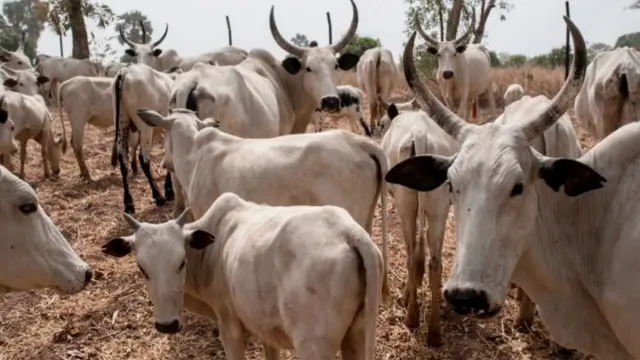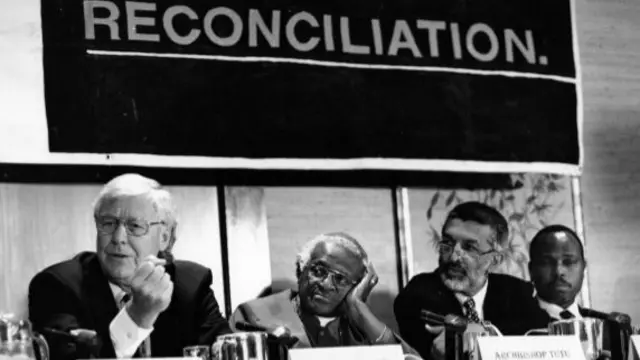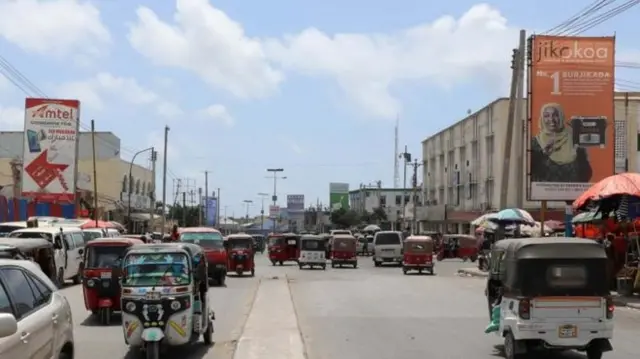Homeless Syrians beg on Ethiopia's streetspublished at 18:31 GMT 5 December 2018
Tesfalem Araia
BBC Tigrinya
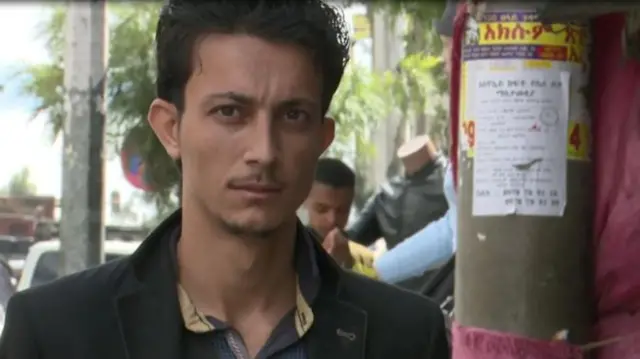
Anas Mahamat and his family have been in Ethiopia for three months
Ethiopia’s capital is no stranger to street beggars. Many people from the countryside flock into Addis Ababa looking for jobs and sometimes end up begging.
But recently, Syrians have been seen on the streets - an incongruous sight for most city dwellers.
Anas Mahamat holds up a sign in Amharic saying: “We are your brothers, we fled from Syria. We are in dire conditions. We ask you to help us in God’s name."
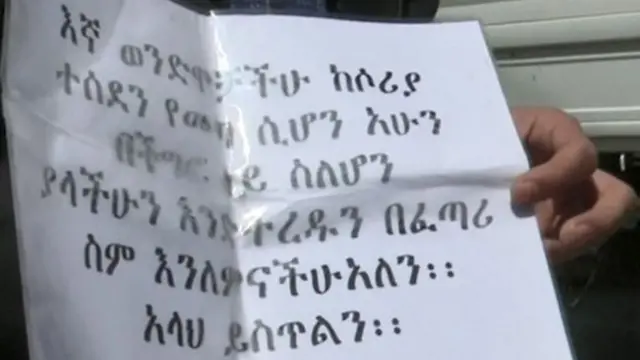
He is on the street from dawn to sunset asking for help with his entire family.
They arrived in Ethiopia three months ago and in the last few months more Syrians have sought refuge there - it is not known how many, but the government says it has now started registering them.
“We are trying to survive. We beg in the streets close to traffic lights and in mosques. I wish we were not doing this but we have no other option,” Mr Mahamat told the BBC.
The homeless Syrians have touched the hearts of volunteers in the city.
Aisha Mohamed says, “They are helpless people. We are helping them when they come here. We give them blankets, food, and clothes.
“We are also asking others to help. They have children and don’t understand [local] language.”
Since the start of Syria’s devastating civil war 2011, around 5.6 million Syrians have fled their country while millions more are internally displaced.
Close to half a million people are believed to have been killed in the conflict.
“What can we do, we were never like this but this is our reality now. I plead with Ethiopian to help us,” says Mr Mahamat.
